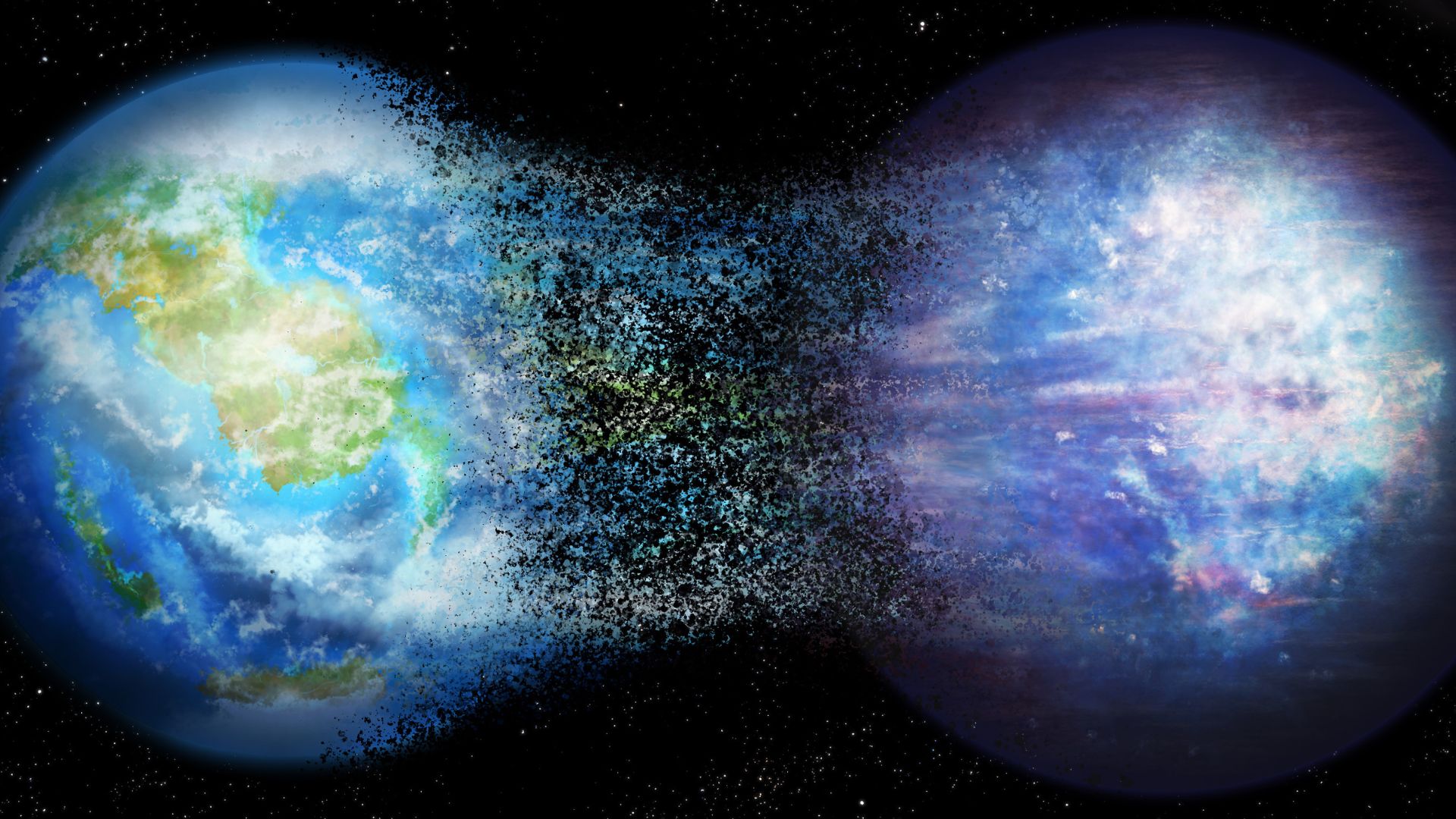How The Runaway Greenhouse Gas Effect Could Literally Boil Earth Alive
As more greenhouse gases are released into the atmosphere, it becomes harder and harder for heat to seep into space. This causes the global temperature to rise, and could even result in more greenhouse gases being released. This runaway greenhouse gas effect is a massive danger to planets like Earth, and researchers have finally figured out how it might happen.
Understanding the effect that runaway greenhouse gasses can have on our planet is exceptionally important, not only to protect our own home but also to understand the atmospheres found on exoplanets beyond our solar system.
According to new research from astronomers at the University of Geneve (UNIGE) and CNRS laboratories in Paris and Bordeaux, the runaway greenhouse gas effect could easily be spurred forward by water vapor, which could effectively cause planets like Earth to become so hot that they are boiled alive.

It's a grim warning of just how stark a future of human-driven climate change can look, but it's a necessary one if we're going to overcome this possibility. The team of researchers says that when a planet's climate transformation completes the initial stages, it alters the cloud coverage, atmosphere, and structure of the planet entirely. This, they say, can make it difficult to halt a runaway effect if it were to start.
The concern, of course, is that such a runaway greenhouse gas effect could essentially cause planets like Earth to become more like Venus, trapping the heat that usually seeps through the atmosphere over the planet. This, of course, would just cause more greenhouse gasses to be released. In the case of these new simulations, the researchers believe that water vapor could be one of the most dangerous gasses to any planet.
While there are several types of greenhouse gasses, water vapor is very hard to control, and as the global temperatures increase, even more water vapor can be released into the atmosphere, essentially creating a blanket that traps heat inside. On Earth, if that were to happen, it would lead to surface temperatures of more than 1,800 degrees Fahrenheit. That's hot enough to melt lead, and higher than the temperatures found on Venus, Earth's evil twin.
It's a terrifying thought, but research like this can help us understand the risks that come with letting climate change continue to spiral out of control. While some have proposed ideas to help cut down on climate change, including space bubbles, if we can't stop a runaway greenhouse gas effect, then our planet could end up just like its evil twin, and that isn't going to be good for anyone.
